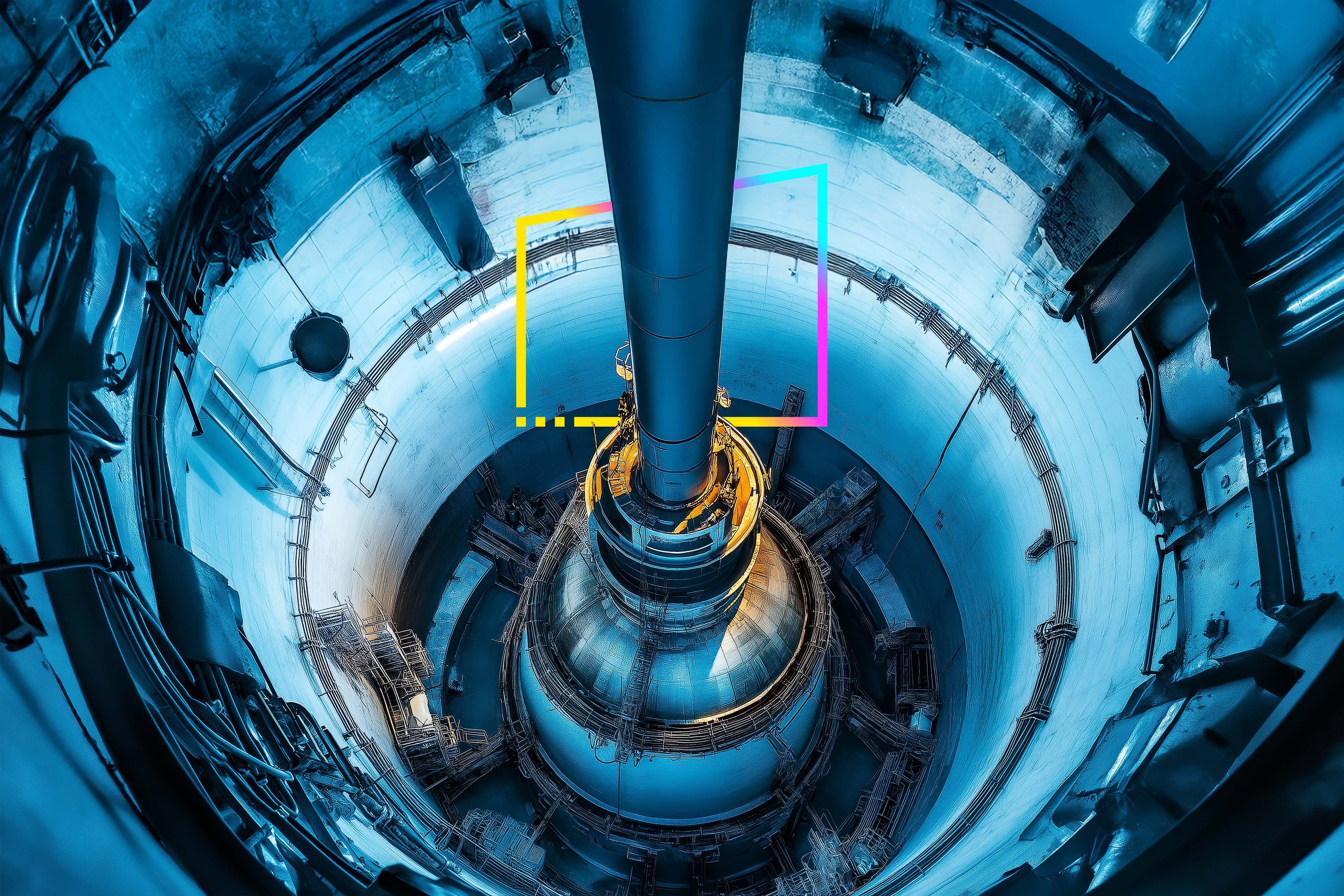EY refers to the global organization, and may refer to one or more, of the member firms of Ernst & Young Global Limited, each of which is a separate legal entity. Ernst & Young Global Limited, a UK company limited by guarantee, does not provide services to clients.
Delhi Tribunal rules that the UK law firm is eligible for tax treaty benefits, prior to the amended protocol to India-UK DTAA
The Taxpayer (Herbert Smith Freehills LLP)[1] is a UK-based limited liability partnership (LLP) with the majority of its partners being residents of the UK. It rendered legal services to its clients situated in India/outside India relating to activities carried out by such clients in India. As per UK tax laws, taxes are recovered from partners in the UK with reference to profits of the LLP i.e., the LLP is treated as a fiscally transparent entity (FTE).
During the assessments for tax years 2012-13 and 2013-14, the tax authority held that the Taxpayer is not eligible for benefits of the India-UK double taxation avoidance agreement (DTAA) as the FTE is not liable to tax in the UK in its capacity as LLP and, thus, is specifically excluded from the definition of “resident” under Article 4(1) of the India-UK DTAA.
The first appellate authority upheld the tax authority’s order and observed that the protocol to the India-UK DTAA, which was concluded on 30 October 2012, modified Article 4 of the India-UK DTAA prospectively w.e.f. 27 December 2013. The modified Article 4 provides that tax treaty benefits apply to income derived by a partnership firm to the extent such income is taxed in the UK in the hands of its partners. Prior to this amendment, the position was that a partnership that is registered as an FTE is not liable to tax and cannot be a resident for purposes of the tax treaty. Thus, the tax treaty benefit is not available to the Taxpayer as the assessment pertains to a period prior to the protocol coming into force.
On appeal, the Delhi Income Tax Appellate Tribunal (Tribunal) noted that the Taxpayer’s case was squarely covered by the Mumbai Tribunal decision of Linklaters LLP[2] , wherein it was held that the taxpayer was entitled to the benefit of the India-UK DTAA on the portion of its income from Indian engagements, which had been taxed in the UK in the hands of its UK tax resident partners and not the FTE. The position laid down by the Linklaters ruling (supra) is also supported by various other judicial pronouncements[3].
The Delhi Tribunal observed that the Linklaters case (supra) dealt with assessment years (AYs) prior to the amendment of the protocol to the India-UK DTAA (viz., for AY 2011-12, 2012-13 and 2013-14) and was pronounced in the years subsequent to such amendment (i.e., in 2017[4] , 2018[5] and 2019[6] respectively) and indirectly ruled that the amendment is applicable on a retrospective basis and, accordingly, benefit of the India-UK DTAA is applicable in the current fact pattern.
Further, no contrary decision has been produced by the revenue and, therefore, canons of judicial discipline come into play and the Linklaters’ decision (supra) on this issue cannot be ignored.


